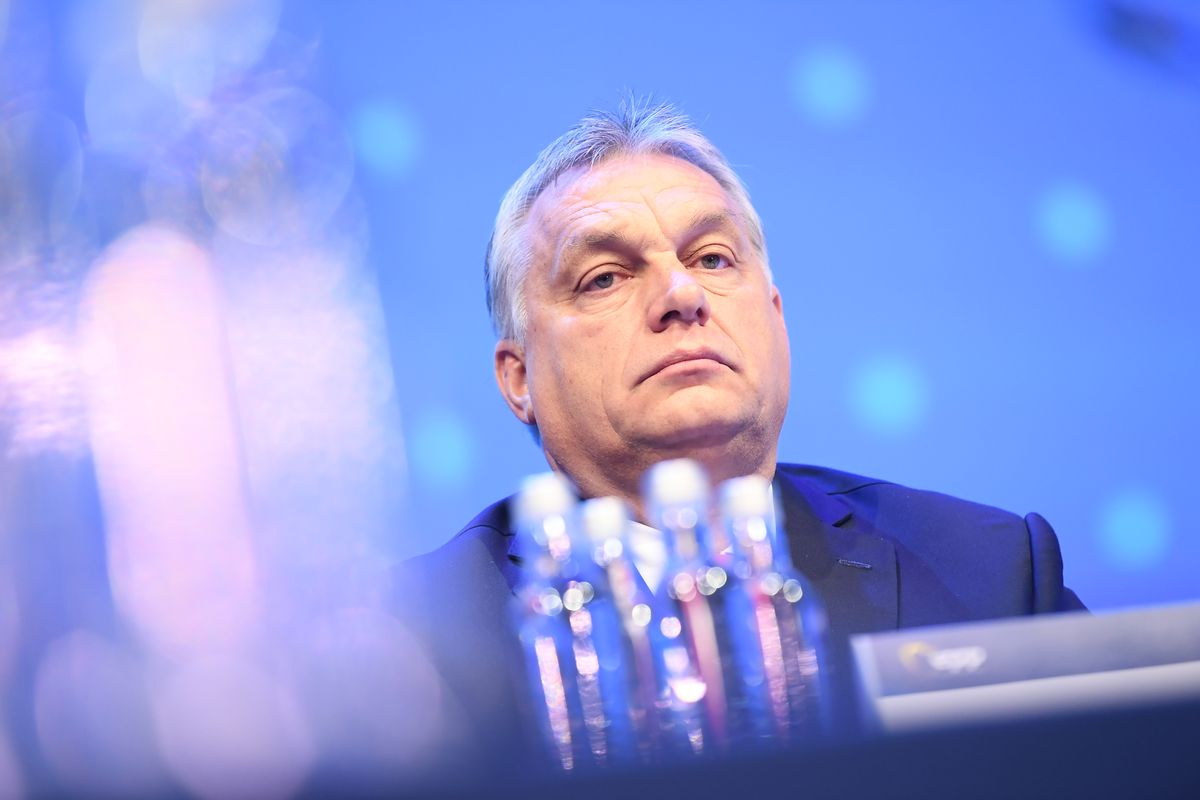Beijing Seeks Greater Ties with Hungary over Belt and Road Initiative

China's top diplomat Wang Yi urged Hungary to deepen its involvement in the Belt and Road Initiative during his visit to Budapest on Monday.
Wang met with Hungarian Minister of Foreign Affairs and Trade, Peter Szijjarto to discuss elevating “their cooperation on building the Belt and Road projects,” South China Morning Post reported based on the Chinese state-backed Xinhua News Agency.
Earlier the week, Wang also recommended to Hungarian Prime Minister Viktor Orban that the two countries "further strengthen high-quality cooperation" in Belt and Road work.
Hungary joined President Xi Jinping’s trademark initiative in 2015 and became Eastern Europe’s largest recipient of Chinese outbound direct investment that year, with total amounts of up to $571 million.
Orban, who has turned Hungary’s democracy into a "hybrid regime of electoral autocracy", has adopted the Belt and Road scheme to expand the country's export markets in Asia. A 350km high-speed railway to Serbia worth $1.9 billion, is so far Hungary’s main project under the initiative.
Szijjarto said, as a demonstration of its commitment, Hungary would speed up the construction of the Hungary-Serbia railway. But experts warn the global infrastructure initiative has been tainted by Beijing's endorsement of Russia and the rising pro-Western approach in Europe, leading to a negative perception of the program across the continent
China has received a severe backlash from European leaders for its refusal to condemn Russia or join sanctions against Moscow.
During his Europe trip, Wang told European leaders China stands by a peaceful resolution to the war in Ukraine, trying to ward off questions and criticism about the country’s position.
Andrew Collier, China economist with Global Source Partners in Hong Kong told South China Morning Post that with the war in Ukraine still going on, “China’s increasingly close ties to Russia are likely to make other countries in Eastern Europe less eager to do business with China.”
Due to the same reason, many European leaders and their political parties have sidelined the Belt and Road initiative for now.
However, they may reconsider the initiative when economic development and "people’s livelihoods" move up the agenda at a later date, Zhao Xijun, an associate dean with the School of Finance at Renmin University in Beijing said in an interview.
